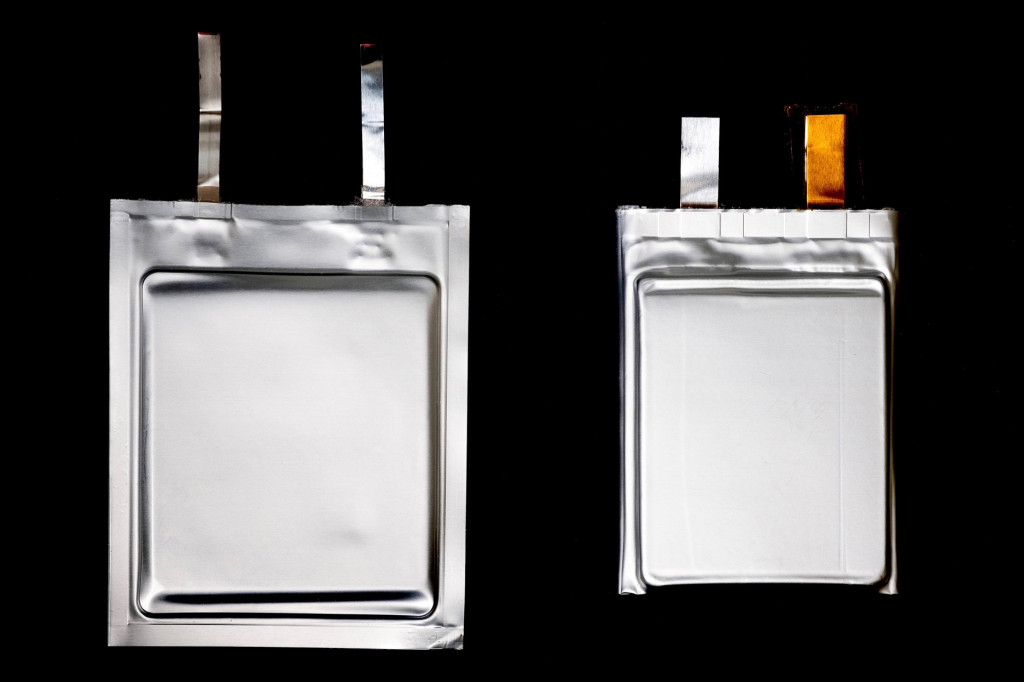GM sees lithium-metal battery tech as a next step for more range, lower cost
General Motors is betting lithium-metal battery chemistry will increase range and lower costs for future electric cars.
During a Washington Post Live virtual conference Thursday, GM president Mark Reuss announced the automaker will move to lithium-metal for its next-generation batteries, and is entering into a partnership with SolidEnergy Systems (SES) for development and production. GM was an early investor in SES, in 2015.
That agreement includes plans for a joint “manufacturing prototyping line” in Woburn, Massachusetts, which will start building pre-production batteries in 2023, according to a GM press release.
Lithium-metal chemistry will yield greater energy density than today’s lithium-ion chemistry, GM said. That translates to higher range from a similarly-sized battery pack, allowing for weight and space savings, the automaker noted.

General Motors prototype lithium-metal battery cell
GM first discussed lithium-metal batteries last March, showcased a lithium-metal battery cell as the next step after lithium-ion cells (and potentially before other solid-state cells arrive) as part of a press backgrounder on its electrification plans.
Two months later, GM battery boss Tim Grewe told Green Car Reports that twice the energy density of today’s battery cells was possible, which would “easily enable 500-600-mile vehicles in the future.”
GM also plans to use a wireless battery-management system in future vehicles, allowing it to substitute in the new type of battery without having to completely rethink its battery packs.
Many automakers are hunting for a battery breakthrough to address issues of range and cost, but few have committed to new tech. Volkswagen is also betting on lithium-metal, with partner QuantumScape, which claims its ceramic-electrolyte cells can are safer and can accommodate an 80% charge in less than 15 minutes.

